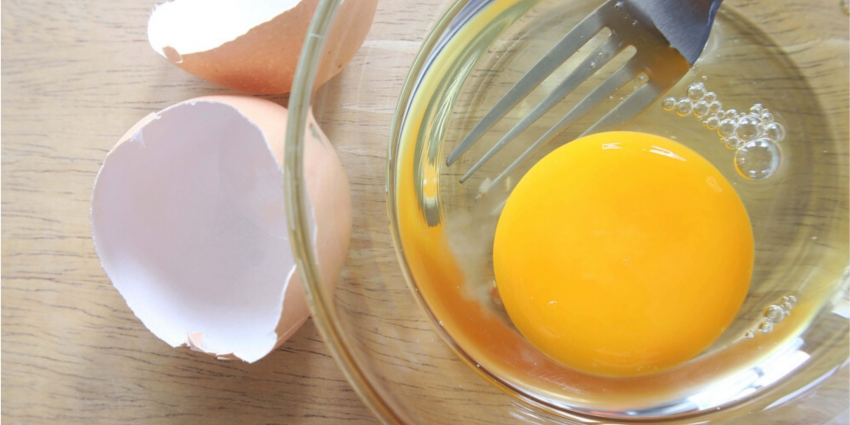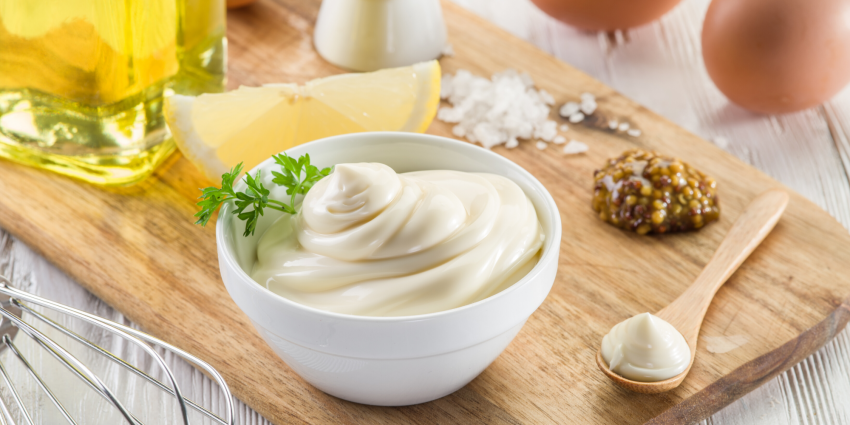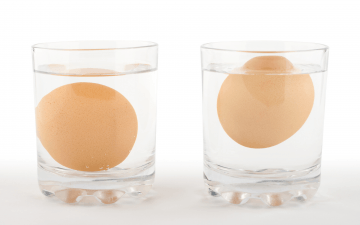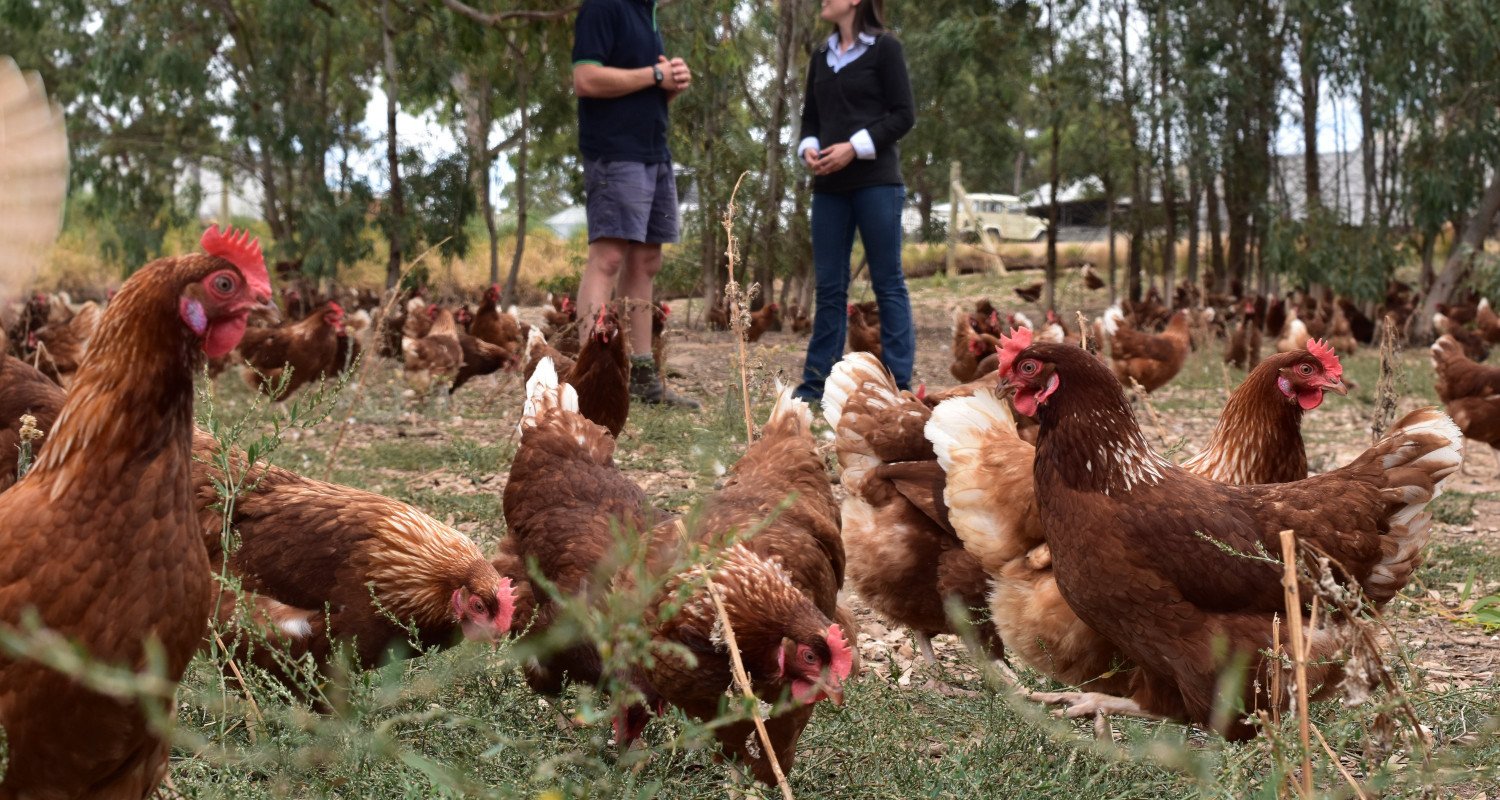
Can You Eat Raw Eggs?
Frequently Asked Questions
Is It Safe to Eat Raw Eggs?
It’s safe to consume raw eggs as long as some basic precautions are followed. The most important thing to know is that raw eggs should be consumed immediately after preparing them. Cracking an egg into a cup and drinking it is low risk but cracking an egg into a cup, dropping some shell in it, picking the shell out with your fingers and drinking it after two hours on the bench is high risk.
Are Raw Eggs Safe for Children, the Elderly or Pregnant Women?
Vulnerable people or those with compromised immune systems - including children, pregnant women, and elderly people - should not eat foods that contain raw eggs.
Is It Safe To Eat Raw Egg Dishes Like Mayonnaise?
It’s fine to make your own mayonnaise and aioli at home providing you take precautions. Only small amounts should be prepared at a time and enough vinegar or lemon juice must be added to acidify the sauce to a pH of 4.2 or less.
Is There a Salmonella Risk When Eating Raw Eggs?
Salmonella risk can be minimised by throwing out cracked or dirty eggs, storing them immediately and safely in the fridge inside the carton they came in, and throwing out any eggs once they reach their best before date.
What Are The Benefits and Disadvantages of Eating Raw Eggs?
Drinking or eating raw eggs offers no major advantages over eating poached or boiled eggs. Despite raw eggs containing slightly more nutrients, the nutrients in cooked eggs are in fact easier for your body to digest and absorb.
 >
> 



